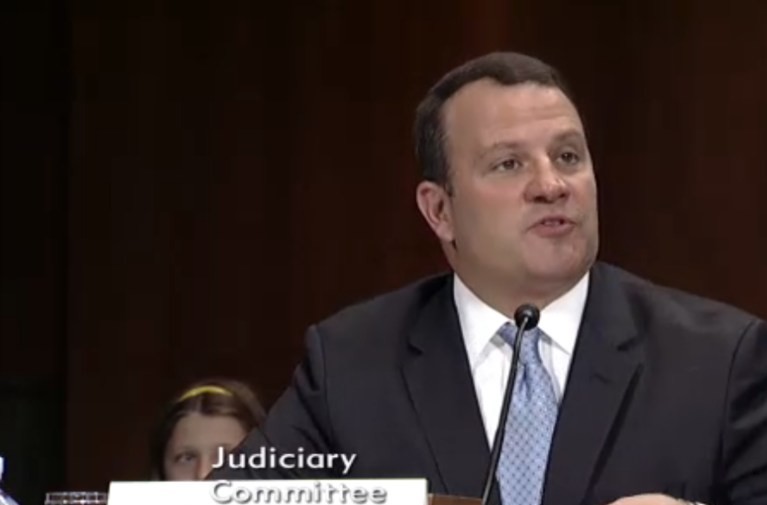Trending Topic: Executive Power and Congressional Authority Clash in Copyright Office Dispute
Washington, D.C. – August 21, 2025 – U.S. District Judge Timothy J. Kelly has once again denied a request by Shira Perlmutter, the former director of the U.S. Copyright Office, to be reinstated after her termination by the Trump administration in May 2025. The decision, reported by Reuters on July 31, 2025, marks the second rejection of Perlmutter’s efforts to block her firing, reinforcing the administration’s authority while her broader lawsuit challenging the legality of her dismissal continues.
Background of the Dispute
Perlmutter, appointed as Register of Copyrights in October 2020 by then-Librarian of Congress Carla Hayden, was fired via email on May 10, 2025, just days after Hayden’s own dismissal by President Donald Trump. The White House appointed Deputy Attorney General Todd Blanche as acting Librarian of Congress and Paul Perkins as acting Register of Copyrights, citing the Federal Vacancies Reform Act (FVRA). Perlmutter’s lawsuit, filed on May 22, 2025, in the U.S. District Court for the District of Columbia, argues that her termination was “blatantly unlawful,” asserting that only the Librarian of Congress, not the President, has the authority to remove the Register of Copyrights, as the Copyright Office operates under the Library of Congress, a legislative branch agency.
Legal Rulings and Reasoning
Judge Kelly, a Trump appointee, first denied Perlmutter’s emergency request for a temporary restraining order on May 28, 2025, ruling that she failed to demonstrate irreparable harm, a necessary threshold for immediate relief. In his July 31 decision, Kelly rejected her subsequent request for a preliminary injunction, reiterating that the loss of her position did not constitute irreparable harm under recent U.S. Supreme Court and D.C. Circuit precedents, which have been skeptical of such claims in federal employment disputes. He noted that Congress’s absence from the lawsuit influenced his assessment of institutional harm, suggesting that the legislative branch’s lack of intervention weakened Perlmutter’s case.
Perlmutter’s legal team argued that her removal threatened the Copyright Office’s independence, particularly given its timing—shortly after the office released a report on May 9, 2025, challenging the “fair use” defense used by AI companies to train models on copyrighted material. Democratic lawmakers, including Rep. Joe Morelle (D-N.Y.), suggested the firing was linked to this report, accusing the administration of attempting to influence copyright policy to favor commercial interests, including those of Elon Musk’s xAI.
Broader Implications
The case highlights a broader tension between executive power and the autonomy of legislative branch agencies. Perlmutter’s lawsuit contends that the FVRA does not apply to the Library of Congress, rendering Blanche’s appointment and her subsequent firing invalid. This argument aligns with objections from Democratic senators, who in May 2025 called the firings of Perlmutter and Hayden illegal and a threat to the Copyright Office’s insulation from political influence. However, Kelly’s rulings suggest that courts are hesitant to grant immediate relief without clear evidence of irreparable harm, leaving the merits of Perlmutter’s claims to be resolved in ongoing litigation.
Public sentiment on X reflects divided opinions, with some users criticizing the administration’s actions as overreach, while others view the firings as within presidential authority. The case has also drawn attention from the creative community, with the American Federation of Musicians stating that Perlmutter’s removal could “harm the entire copyright community” due to her expertise in protecting human creativity.
Next Steps
While Kelly’s decision allows Perlmutter’s firing to stand for now, her lawsuit remains active, with arguments scheduled in the coming weeks to address the legality of her termination and the broader question of presidential authority over the Copyright Office. The outcome could set a precedent for the balance of power between the executive and legislative branches, particularly regarding agencies like the Library of Congress. As the case progresses, it continues to spark debate over the independence of institutions tasked with shaping intellectual property policy in an era of rapid technological change.
Sources: Reuters.com, APNews.com, Politico.com, WashingtonPost.com, FoxNews.com
